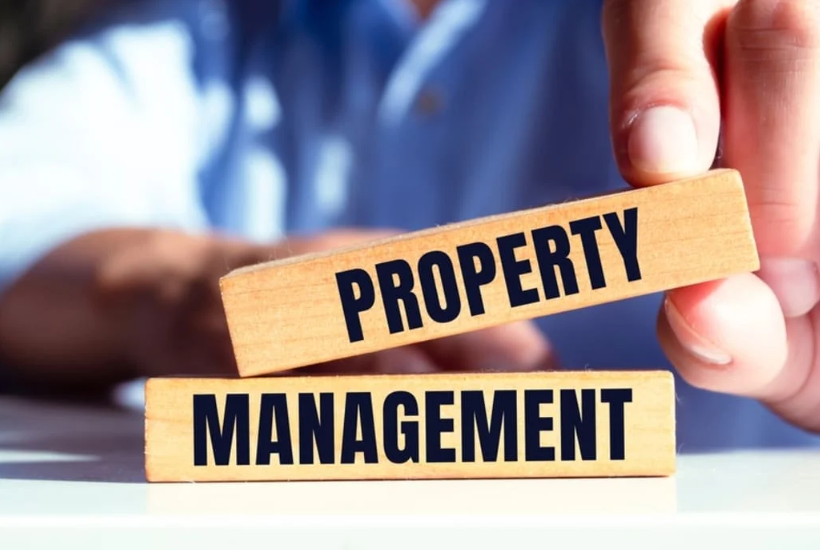Real estate property management is a vital component of maintaining and optimising the value of residential and commercial properties. It involves overseeing a wide range of responsibilities, from tenant relations and financial management to maintenance and legal compliance. A strategic approach to real estate property management ensures that properties are well-managed, profitable, and aligned with the goals of property owners.
Understanding the Importance of Strategic Real Estate Property Management
Effective real estate property management goes beyond basic administrative tasks. A strategic approach ensures that properties are managed with long-term goals in mind, helping to maximise returns on investment while maintaining tenant satisfaction. By implementing a comprehensive management plan, property owners can mitigate risks and create sustainable, well-functioning spaces.
Developing a Comprehensive Management Plan
At the core of successful real estate property management is a well-structured management plan. This plan includes identifying property objectives, assessing market conditions, and establishing clear performance metrics. A strategic approach takes into account the unique needs of the property and its tenants, tailoring management practices to achieve both short-term and long-term success.
Optimising Tenant Relationships
Strong tenant relationships are a cornerstone of effective real estate property management. A strategic approach focuses on fostering positive interactions with tenants, addressing concerns promptly, and ensuring a comfortable living or working environment. Satisfied tenants are more likely to stay longer, contributing to stable occupancy rates and reduced turnover costs.
Financial Management and Budgeting
Financial management is a critical aspect of real estate property management. A strategic approach involves accurate budgeting, tracking expenses, and maintaining transparent financial records. By implementing financial best practices, property managers can ensure profitability while staying within budgetary constraints. Effective management of rental income and operating costs supports the overall financial health of the property.
Implementing Maintenance and Upkeep
Regular maintenance and property upkeep are essential for retaining the value of the property and ensuring tenant satisfaction. A strategic approach to maintenance prioritises proactive measures over reactive responses. This includes preventive maintenance, timely repairs, and the use of reliable contractors to ensure that the property remains in excellent condition.
Legal Compliance and Risk Management
Adhering to legal requirements is a fundamental aspect of real estate property management. A strategic approach ensures that properties comply with local, state, and national regulations, minimising the risk of legal disputes and financial penalties. By staying updated on changes in legislation, property managers can effectively manage risk and safeguard the interests of property owners.
In conclusion, a strategic approach to real estate property management is essential for maximising property value, ensuring tenant satisfaction, and maintaining compliance with industry standards. By adopting a comprehensive management strategy, property owners can secure long-term success and profitability in the dynamic real estate market.






